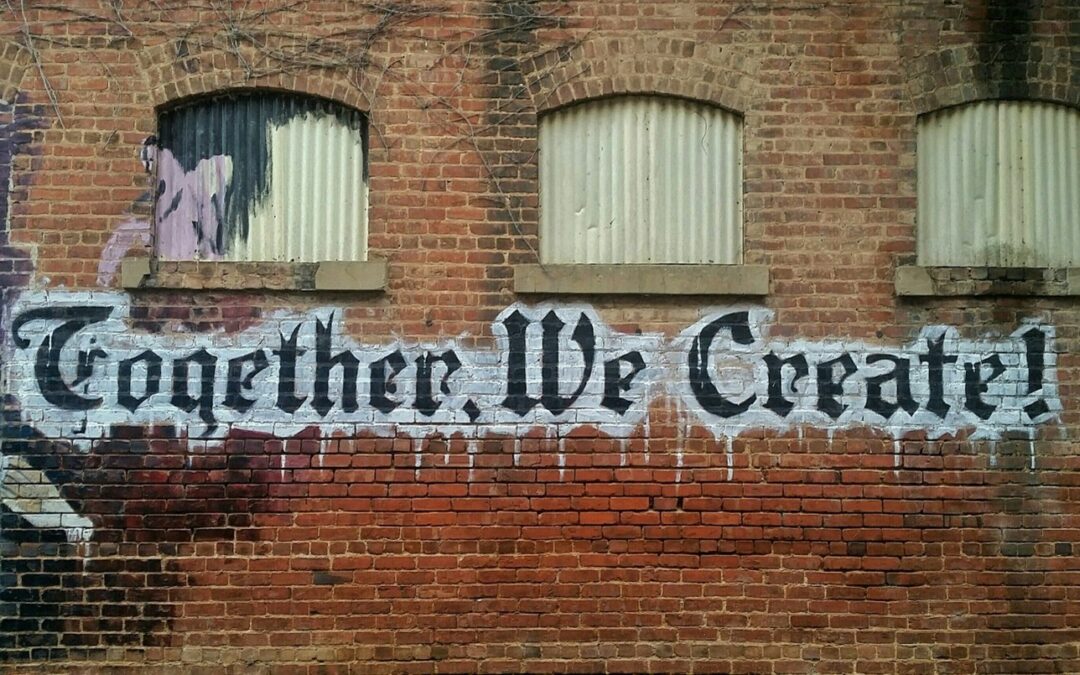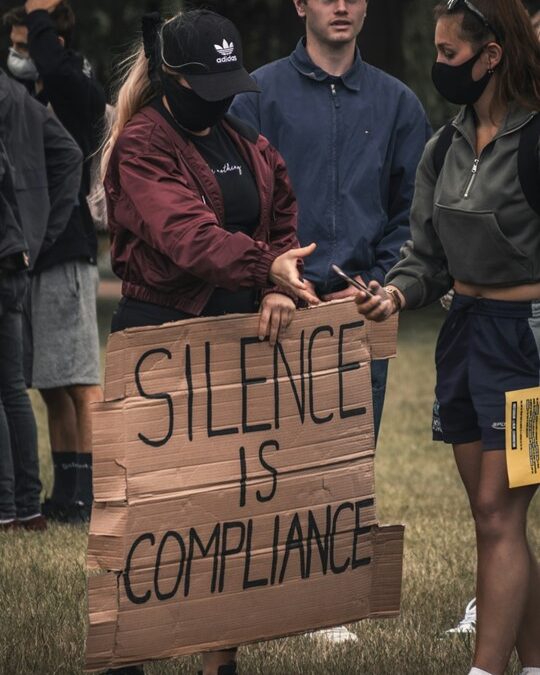A few months ago, guest contributor A. Adar Ayira wrote about keeping the faith in an age of white (supremacist) Christianity. She described the organized actions of Christian-led white supremacists and the threat to people of color and racial equality. She concluded by observing the absence of a visible opposition from white Christians who disagree with how the teachings and values of Jesus are being distorted. She pointed out that white people tend to rely on Black and non-Black people of color to lead the pushback.










 Tom Adams writes and speaks on topics vital to the intersection of our personal lives with our community and global lives. He has for decades been engaged in and written about nonprofit leadership and transitions, spirituality and spiritual growth, how we each contribute to a more just and equitable world and recovery from addictions and the Twelve Step recovery movement.
Tom Adams writes and speaks on topics vital to the intersection of our personal lives with our community and global lives. He has for decades been engaged in and written about nonprofit leadership and transitions, spirituality and spiritual growth, how we each contribute to a more just and equitable world and recovery from addictions and the Twelve Step recovery movement.